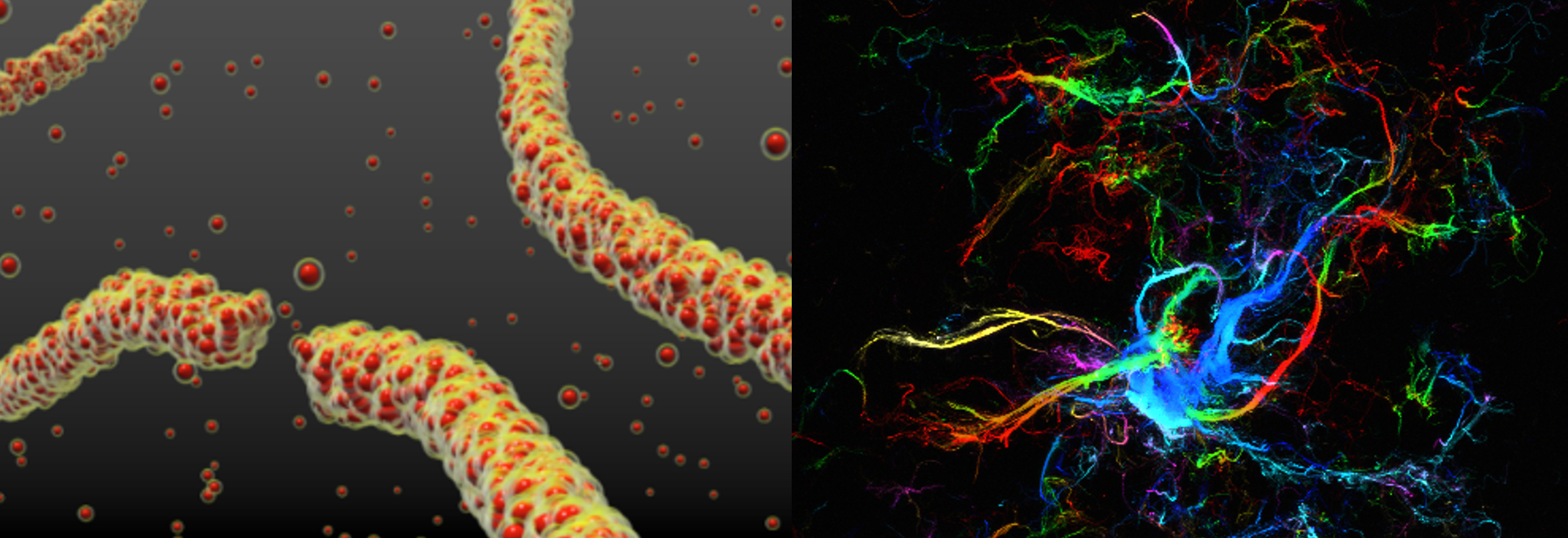(359b) Design of Multiphasic Homocomposite Inks for Precise 3D Printing with Soft Materials
AIChE Annual Meeting
2024
2024 AIChE Annual Meeting
Topical Conference: Next-Gen Manufacturing
3D Printing of Composites
Tuesday, October 29, 2024 - 1:00pm to 1:30pm
The use of composite inks for 3D printing allows precise adjustment of their pre- and post-extrusion characteristics but introduces complexity due to the inter-material interfaces. We will discuss the concept of “homocomposite†3D printing via extrusion where both components are made of the same material but in different phases. Two engineering strategies which use multiphasic liquid-(bio)polymer systems for homocomposite 3D printing will be discussed. First, we will present 3D printing inks made by capillary binding, including new magnetically responsive gels and soft structures consisting of water, crosslinked PDMS microbeads and liquid PDMS phase. These Homocomposite Thixotropic Pastes (HTPs) enable the formation of remarkably elastic, flexible, and biocompatible silicone structures. The HTP-3DP inks open new opportunities for 3D printing of “active†and magnetically reconfigurable structures. In the second approach, we use homocomposite gel from alginate with double network, including molecular and colloidal networks. The colloidal network is made of soft dendritic colloids (SDCs) discovered and investigated earlier by our group. The SDC have high excluded volume and strong van der Waals interactions and readily form percolated 3D networks, resulting in gelation at low volume fractions. The alginate SDCs can be incorporated into molecular alginate hydrogel matrices to form hierarchical networks with mechanical properties resulting from synergistic combination of the molecular and colloidal networks. The alginate homocomposites have remarkable mechanical properties, allowing to 3D print and inject these hydrogels into architectures with increased toughness. These inks also open the way to “green†3D printing with sustainable homocomposites.


